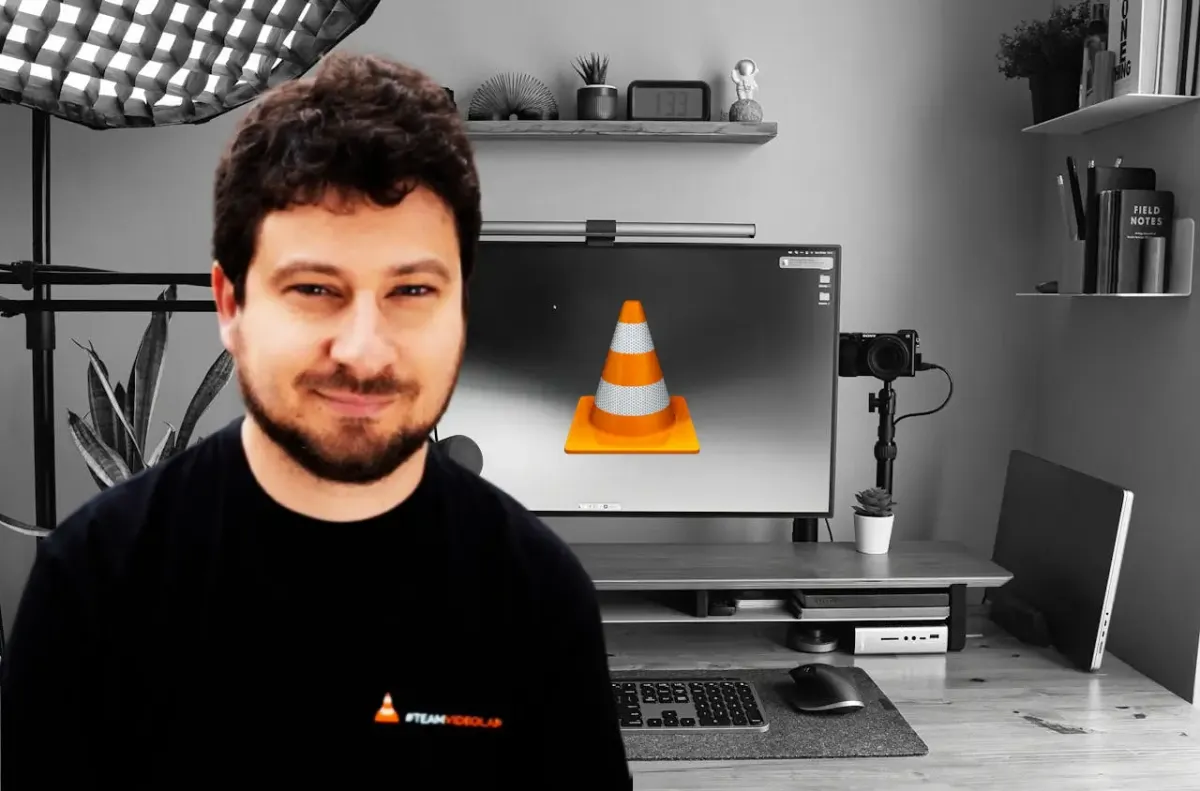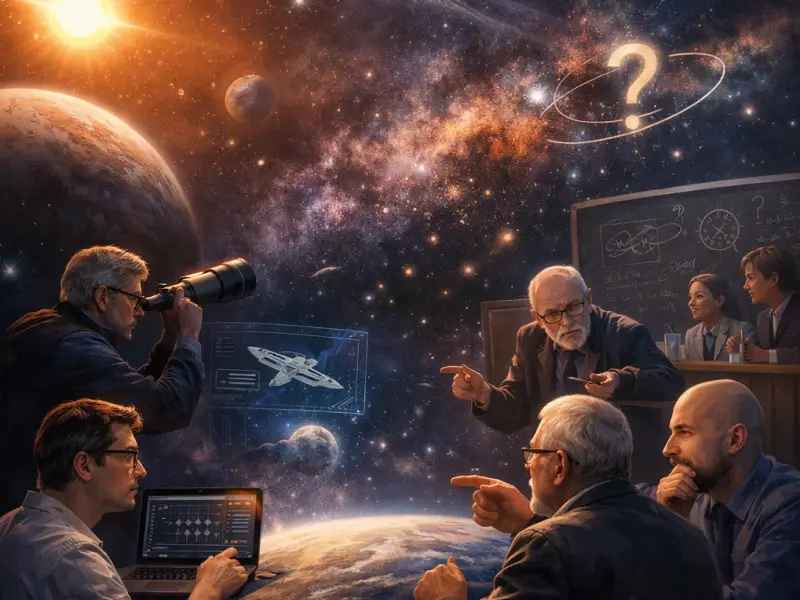Jean-Baptiste Kempf: The Engineer Who Made VLC the World’s Universal Media Player
He fought against licensing traps, software patents, and industry politics that could have forced VLC to limit codec support or remove functionality.

Jean-Baptiste Kempf is best known as the driving force behind VLC Media Player, the orange-cone icon recognized across nearly every computer on the planet. While VLC began as a student project inside École Centrale Paris, it was Kempf’s long-term leadership, engineering discipline, and unwavering commitment to openness that turned it into the world’s most resilient and versatile media player.
The Core Philosophy: “It Should Play Everything”
VLC’s foundational principle — play any file, on any device, without extra downloads
Was aggressively shaped by Kempf. At a time when most media players required codec packs, patent-encumbered plugins, or platform-specific formats, VLC made a radical promise:
If a file exists, VLC will decode it.
Kempf guided this philosophy from niche idea to global standard. Under his direction:
- VLC integrated dozens of open-source codecs.
- Playback remained free from ads, paywalls, or proprietary locks.
- The player ran consistently across Windows, macOS, Linux, Android, iOS, and embedded systems.
This universal compatibility became VLC’s trademark and its defining advantage.
Rewriting the Engine and Expanding Codec Support
Kempf’s technical contributions drove many of VLC’s most significant leaps. He helped oversee the major rewrites that improved:
- Hardware decoding
- Efficient streaming protocols
- High-bitrate video handling
- Better support for MKV, MP4, FLAC, Ogg, and countless other formats
VLC didn’t just play video — it played video that other players refused to touch.
This commitment made VLC the default tool of filmmakers, torrent users, broadcasters, engineers, and anyone dealing with complex or unusual media files.
Open Source Without Compromise
Kempf also protected VLC from the pressures that kill many open-source projects:
- No corporate buyout
- No ad-supported version
- No premium edition
- No feature gating
He fought against licensing traps, software patents, and industry politics that could have forced VLC to limit codec support or remove functionality. The result was an application that remained:
- Free
- Independent
- Community-driven
- Fully transparent
VideoLAN — the non-profit behind VLC continues to operate without corporate control, largely due to Kempf’s firm stance.
Scaling VLC to Billions of Installs
Under Kempf’s leadership, VLC grew from a student utility into a media powerhouse:
- Installed on billions of devices
- Ported to every major OS, mobile platform, and smart TV environment
- Used in classrooms, studios, airplanes, and embedded hardware
- Relied upon by developers for streaming, transcoding, and debugging
VLC’s impact is so widespread that it has become a default troubleshooting tool whenever something “won’t play.” That reliability is a direct result of Kempf’s long, meticulous stewardship.
VideoLabs and the Professional Side of VLC
To support enterprises without commercializing VLC itself, Kempf founded VideoLabs, offering professional services built around VLC and libVLC:
- Custom players
- Hardware acceleration tuning
- Streaming solutions
- Platform-specific optimization
This allowed VLC to evolve while keeping the core player 100% free and open.
A Legacy Defined by Access and Stability
Jean-Baptiste Kempf didn’t just help build VLC — he protected its identity. He ensured it stayed a free, universal tool that serves everyone from average users to advanced engineers.
His influence can be seen in every orange cone icon:
- In the way VLC quietly opens a corrupted file
- In its ability to stream from obscure protocols
- In its freedom from ads, sign-ins, or corporate manipulation
VLC’s longevity over two decades and counting is a rare achievement in software. And it exists because Kempf championed one principle above all:
Media belongs to everyone. Playback should never be restricted.
If you want, I can also create:
- A shorter punchier version
- A 404-Media / Wired-style rewritten version
- A timeline-style breakdown of VLC’s evolution
- A version focused on VideoLAN’s internal open-source culture






